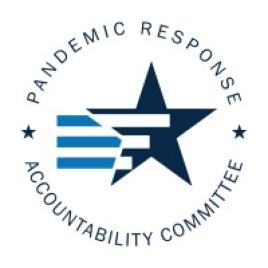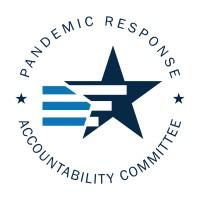PRAC Alert Highlight Potential Fraud Among PPP Applicants

Sometimes numbers can be deceiving; other times numbers can show that people are deceiving. Consider a recent fraud prevention alert from the Pandemic Relief Accountability Committee (PRAC) as a prime example.
The alert shows how data analysis conducted by PRAC has found numerous examples of suspicious actions taken by beneficiaries of Paycheck Protection Program (PPP) funding from the Small Business Administration (SBA), highlighting the importance of implementing internal controls and upfront checks of applicants to reduce the risk of fraudulent payments.
PRAC compared the derived income of sole proprietor PPP applicants with the incomes reported by individuals using the same personally identifiable information as the PPP sole proprietor applicants to obtain housing assistance from the Department of Housing and Urban Development (HUD). It found substantial disparities in some cases. For example, one sole proprietor applicant received a PPP loan of $20,833 from SBA, equating to an annual income of $100,000 based on SBA’s defined PPP loan calculation. However, an applicant with the same personally identifying information reported an annual income of $600 to HUD for housing assistance. This same individual also claimed to be the owner of multiple other businesses of varying types receiving almost $900,000 in PPP and COVID-19 Economic Injury Disaster Loan pandemic funding.
By comparing this data, PRAC flagged more than 40,000 instances where PPP applicants may have significantly misrepresented their incomes when applying for more than $860 million in PPP loans. PRAC stated that these discrepancies could be due to fraud or the result of identity theft, although some may be caused by data entry errors or data timing issues.
"We hope that by sharing this potential fraud scheme with the public and the oversight community we can alert (1) Offices of Inspectors General to be on the lookout for similar cross-program schemes; (2) program implementers to build better internal controls and checks upfront to mitigate this risk; and (3) policymakers to consider issues related to cross-agency risks including income verification,” the alert explains.
The PRAC’s Pandemic Analytics Center of Excellence (PACE) collects applicant and beneficiary data across federal agencies and benefits programs to enable data matching and other services to raise red flags about fraud, waste or abuse. Alerts such as this one show the critical work being done by the PRAC and the PACE, and we fully support any actions by Congress to continue funding the PRAC’s work, as it has show to be financially beneficial.
Join us for our following Thompson Grants event:
Thompson Grants Virtual Workshop: Audits 2025 | July 17, 2025 | Virtual Event



